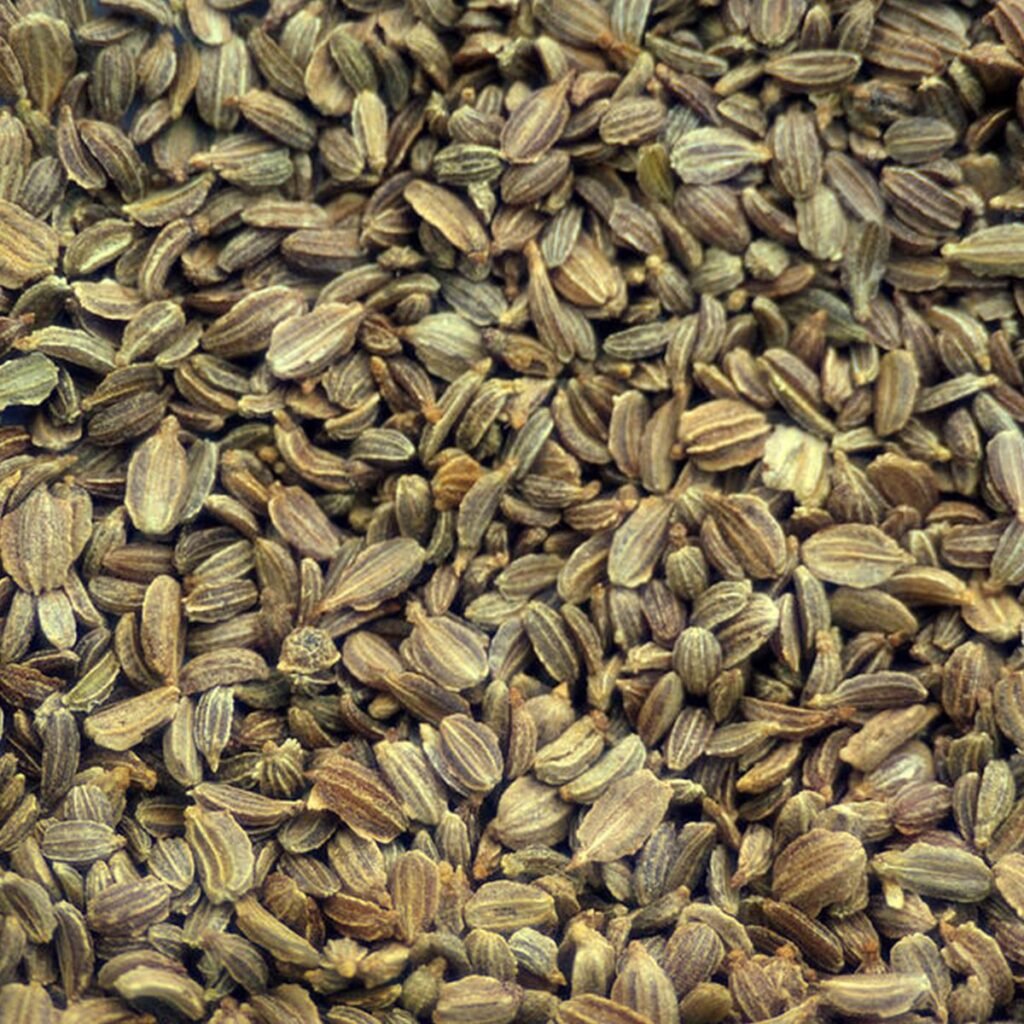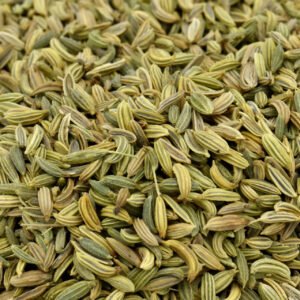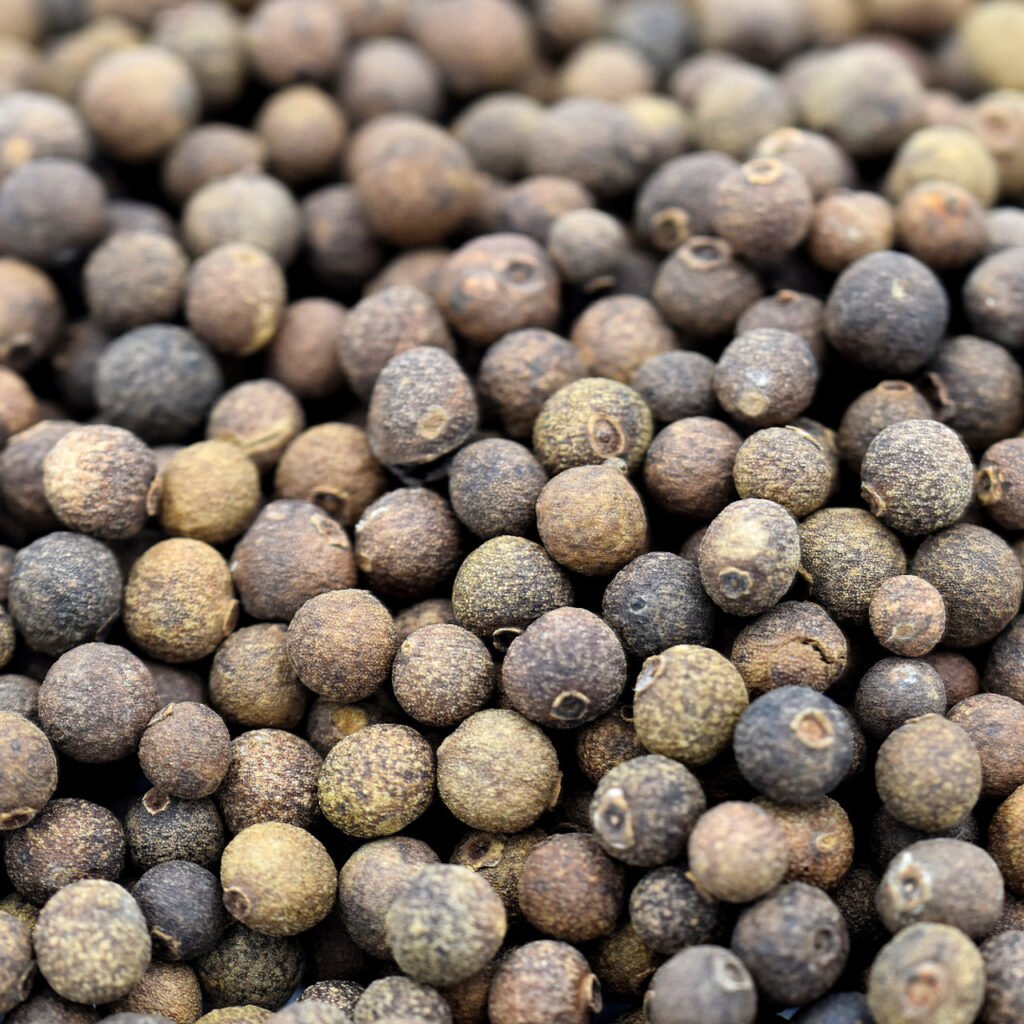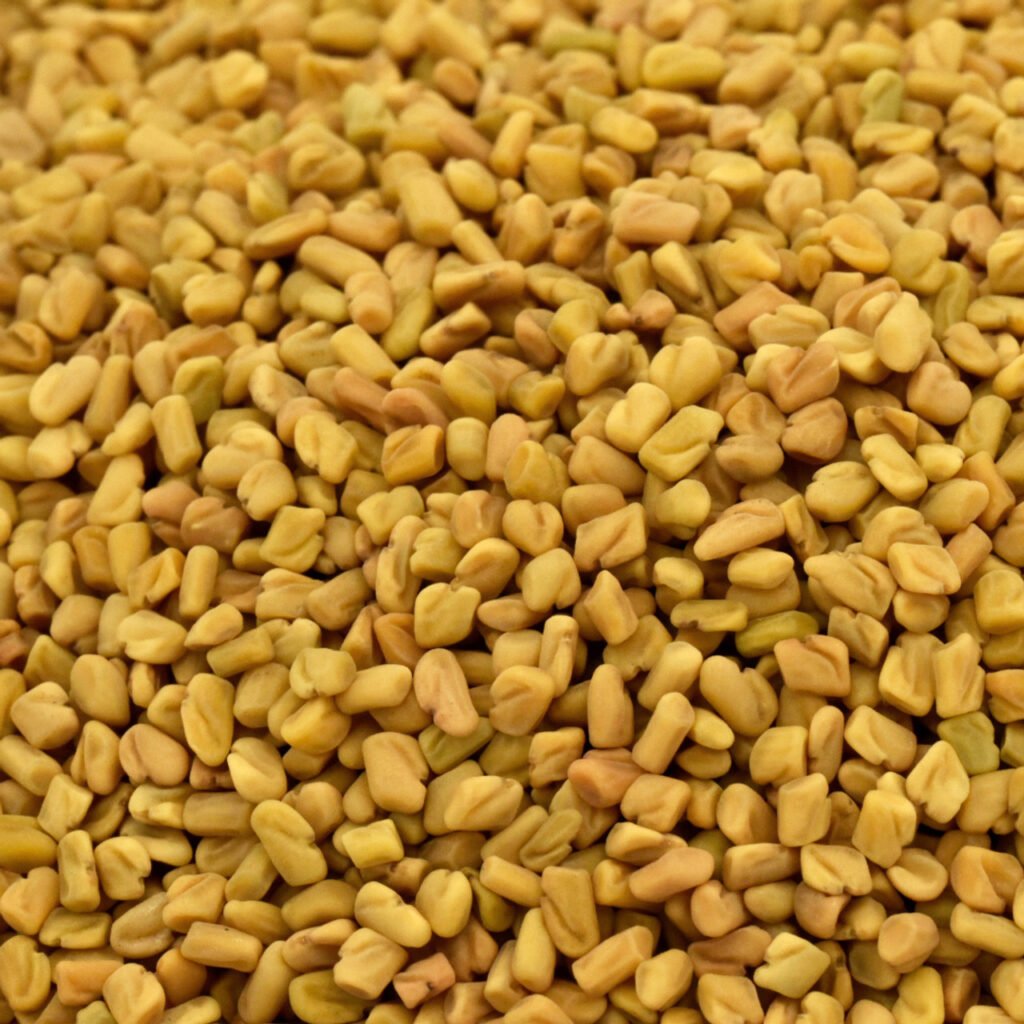Benefits Of Carrot Seeds
Carrot seeds are the tiny, but mighty, superfood that have been used for centuries for their numerous health benefits. While most people are familiar with the orange, crunchy root vegetable that is packed with vitamins and minerals, not many know about the hidden treasure that lies within its seeds. In this article, we will explore the top benefits of carrot seeds and why you should incorporate them into your daily routine.
1. What are carrot seeds?
Carrot seeds are the tiny seeds that grow on the flowering umbels of the carrot plant. They are often overlooked, as most people only consume the root vegetable, but they are just as nutrient-dense as the carrot itself. Carrot seeds are often used in herbal medicine and cooking due to their numerous health benefits.
2. Nutritional value of carrot seeds
Carrot seeds are a rich source of vitamins, minerals, and antioxidants that are essential for maintaining optimal health. They contain high levels of beta-carotene, which is a powerful antioxidant that is converted to vitamin A in the body. They also contain significant amounts of vitamins C, E, and K, as well as minerals such as calcium, iron, magnesium, and potassium.
3. Health benefits of carrot seeds
3.1. Rich in antioxidants
Carrot seeds are rich in antioxidants, which are compounds that help protect the body against free radicals that can cause cell damage and lead to chronic diseases such as cancer and heart disease. The antioxidants in carrot seeds, such as beta-carotene, protect the body from oxidative stress and inflammation.
3.2. Boosts immune system
Carrot seeds contain essential vitamins and minerals that are necessary for a healthy immune system. They are rich in vitamin C, which helps boost the production of white blood cells that fight off infections and diseases. The beta-carotene in carrot seeds also supports immune function by stimulating the production of T-cells, which are important for immune response.
3.3. Promotes digestive health
Carrot seeds are rich in fiber, which is essential for maintaining healthy digestion. Fiber helps regulate bowel movements and prevents constipation. Additionally, the essential oils in carrot seeds have antiseptic properties that can help prevent bacterial infections in the digestive tract.
3.4. Regulates blood sugar
Carrot seeds contain compounds that help regulate blood sugar levels in the body. These compounds, such as alpha and beta-carotene, improve insulin sensitivity and reduce the risk of insulin resistance and diabetes.
3.5. Supports cardiovascular health
The antioxidants in carrot seeds help improve cardiovascular health by reducing inflammation and preventing the oxidation of LDL cholesterol. This reduces the risk of heart disease and stroke.
3.6. Improves skin health
Carrot seeds contain high levels of vitamin C and E, which are essential for maintaining healthy skin. These vitamins help protect the skin from damage caused by free radicals and promote collagen production, which keeps the skin looking young and healthy.
3.7. Prevents cancer
The antioxidants in carrot seeds have been shown to have anti-cancer properties. They help prevent the formation of cancerous cells and inhibit
the growth of tumors. Additionally, the essential oils in carrot seeds have been shown to have cytotoxic effects on cancer cells.
4. How to incorporate carrot seeds into your diet
There are many ways to incorporate carrot seeds into your diet. They can be added to salads, smoothies, and soups. They can also be used in baking, such as in muffins and bread. Carrot seed oil can be used as a flavoring for dishes such as stir-fries and marinades. Additionally, carrot seeds can be brewed as tea, which is a great way to reap their health benefits.
5. Precautions and side effects
While carrot seeds are generally safe for consumption, there are some precautions that should be taken. Pregnant women should avoid consuming large amounts of carrot seeds, as they can stimulate the uterus and potentially lead to contractions. Additionally, those with allergies to carrots or other members of the Apiaceae family (such as fennel and parsley) should avoid consuming carrot seeds. In some cases, consuming large amounts of carrot seeds may cause an upset stomach or diarrhea.
While fennel seed is generally safe for most people, it can cause allergic reactions in some individuals. Fennel seed can also interact with certain medications, including blood thinners and estrogen-based contraceptives.
Conclusion
Carrot seeds are a superfood that offer numerous health benefits. They are rich in antioxidants, essential vitamins and minerals, and fiber. They can help boost immune function, support cardiovascular health, and prevent cancer. There are many ways to incorporate carrot seeds into your diet, such as in salads, smoothies, and baked goods. As with any supplement or herb, it’s important to consult with a healthcare provider before incorporating carrot seeds into your routine.
- Can carrot seeds be used in skincare products? Yes, carrot seed oil is often used in skincare products due to its high levels of vitamins and antioxidants.
- How much carrot seed should I consume daily? There is no recommended daily intake for carrot seeds, but a few teaspoons per day is a good starting point.
- Can carrot seeds be used to treat digestive issues? Yes, the essential oils in carrot seeds have antiseptic properties that can help prevent bacterial infections in the digestive tract.
- Are there any side effects to consuming carrot seeds? In some cases, consuming large amounts of carrot seeds may cause an upset stomach or diarrhea.
- Can pregnant women consume carrot seeds? Pregnant women should avoid consuming large amounts of carrot seeds, as they can stimulate the uterus and potentially lead to contractions.





